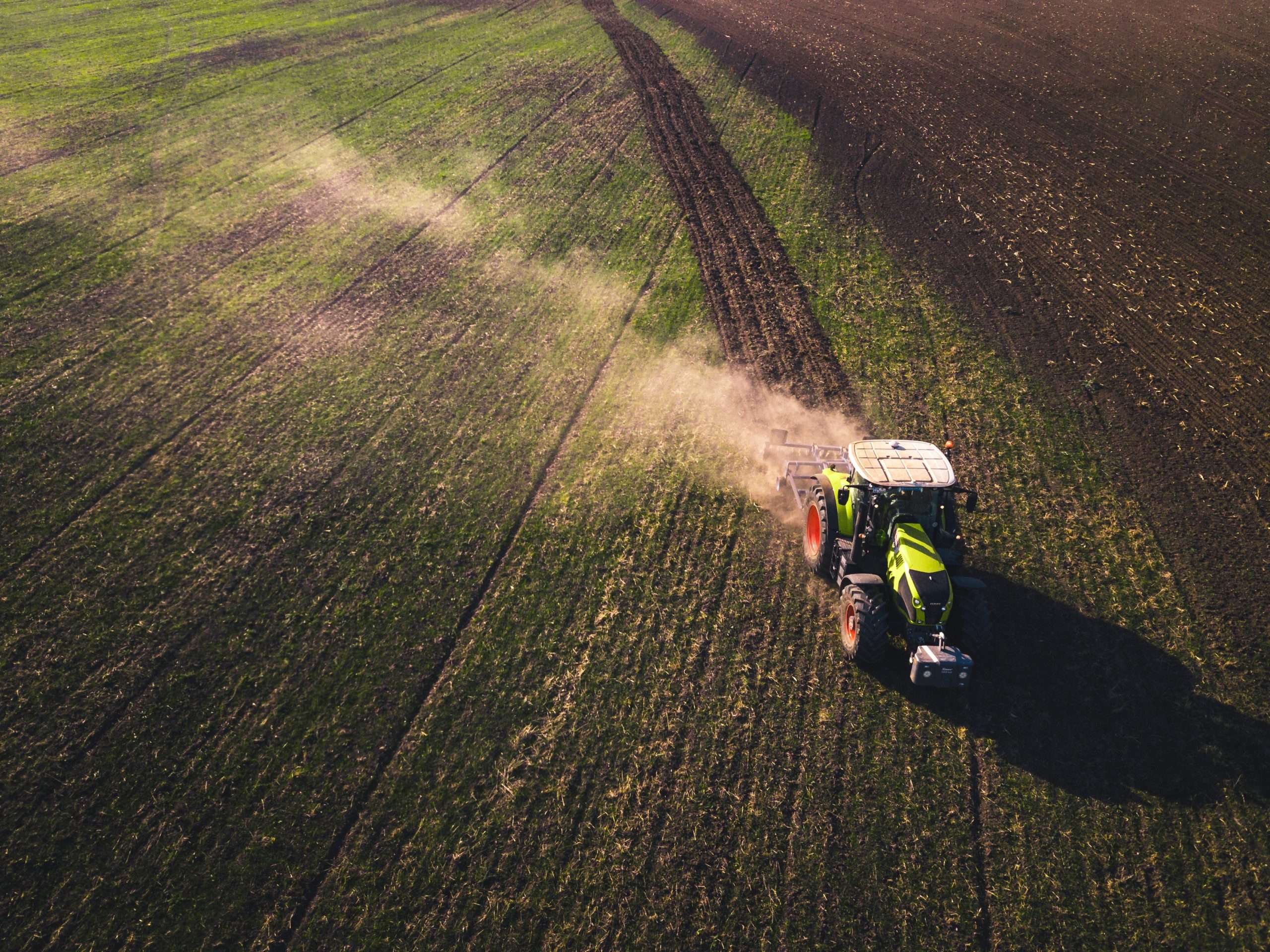ceat-speciality:blogs-tags/all,ceat-speciality:blogs-tags/technology
What are the benefits of adopting smart farming techniques to enhance crop yield?
Tue, 28 May 2024 | PRODUCTS
In the ever-evolving world of agriculture, smart farming techniques are revolutionizing how farmers approach crop management and yield optimization. Embracing these advanced methods can significantly improve efficiency, sustainability, and productivity. Let’s explore the key benefits of adopting smart farming techniques and how they can enhance crop yield.
Precision Agriculture: The Backbone of Smart Farming
Precision agriculture is a cornerstone of smart farming, utilizing technology to ensure crops receive the precise care they need. This approach involves using data-driven insights to optimize field-level management, resulting in numerous benefits:
1. Increased Efficiency
Smart farming techniques enable farmers to make informed decisions about resource allocation. By using sensors, GPS technology, and data analytics, farmers can identify the exact needs of their crops and apply water, fertilizers, and pesticides more efficiently. This targeted approach reduces waste and ensures that resources are used where they are most needed.
2. Enhanced Crop Yield
One of the most significant benefits of smart farming is the potential for increased crop yields. By monitoring soil conditions, weather patterns, and crop health in real-time, farmers can make timely interventions to prevent problems and optimize growth conditions. This proactive approach leads to healthier crops and higher yields.
3. Cost Savings
While the initial investment in smart farming technology can be substantial, the long-term cost savings are considerable. By reducing the amount of water, fertilizers, and pesticides used, farmers can significantly lower their input costs. Additionally, the increased efficiency and higher yields translate to better profitability.
Sustainable Farming Practices
Sustainability is a critical aspect of modern agriculture, and smart farming techniques can help farmers achieve more sustainable practices:
1. Reduced Environmental Impact
Smart farming reduces agricultural activities' environmental footprint. Precision input application minimizes runoff and chemical leaching into the soil and water bodies, helping to maintain soil health and protect local ecosystems.
2. Water Conservation
With the help of smart irrigation systems, farmers can monitor soil moisture levels and weather forecasts to apply the right amount of water at the right time. This conserves water and prevents over-irrigation, which can lead to soil erosion and nutrient depletion.
3. Improved Soil Health
Smart farming techniques, such as crop rotation and cover cropping, can improve soil structure and fertility. By using data to plan crop cycles and manage soil health, farmers can maintain productive fields over the long term without depleting natural resources.
Advanced Monitoring and Decision Support
Smart farming relies heavily on advanced monitoring tools and decision support systems to enhance crop management:
1. Real-Time Data Collection
Sensors and IoT devices collect real-time soil conditions, weather, and crop health data. This data provides valuable insights that help farmers make informed irrigation, fertilization, and pest control decisions.
2. Predictive Analytics
Predictive analytics tools can analyze historical and current data to forecast future crop performance and potential issues. This allows farmers to anticipate problems and take preventive measures, reducing the risk of crop failure.
3. Automated Machinery
Integrating automated machinery, such as drones and robotic harvesters, can further enhance efficiency and precision. These machines can perform tasks like planting, weeding, and harvesting more accurately and quickly than traditional methods.
Conclusion
Adopting smart farming techniques offers numerous benefits that can significantly enhance your crop yield. Smart farming represents the future of sustainable and profitable agriculture by increasing efficiency, reducing environmental impact, and providing advanced monitoring and decision support. At CEAT Specialty, we are committed to supporting farmers in their journey towards smarter farming practices. Visit our website to learn more about how our farm tractor tyres can help you achieve better crop yields and a more sustainable farming operation.




















